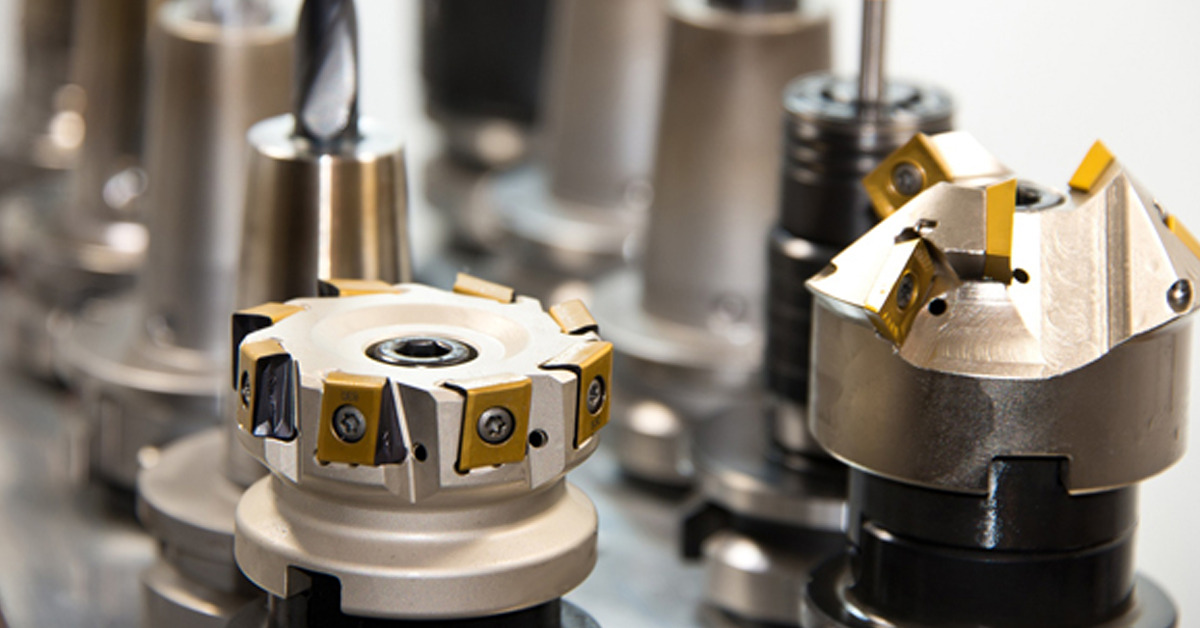Like most industries, the manufacturing sector faces a plethora of cybersecurity threats. Cyberattacks continue to escalate, resulting in stolen information, network infiltrations, ransom demands, and shutdowns as manufacturers become more reliant on smart technologies and cloud solutions.
Now in the fourth industrial revolution, the manufacturing sector is implementing these smart technologies, including the Internet of Things (IoT) and robotics, to automate processes and procedures, increase efficiencies and reduce costs. And anytime there is an increase in technology usage without adequate precautions, the door opens to hackers.
Industry 4.0
The fourth industrial revolution, also termed “Industry 4.0,” began in 2010 when smart factories began taking advantage of new technologies on the market. Now, thirteen years later, Industry 4.0 envisions a futuristic “lights-out factory” where machines, devices, and sensors are interconnected, artificial intelligence is used to create operational efficiencies, and a fully automated factory can operate 24/7 with no human interaction.
Factories in Japan, the Netherlands, the United Kingdom, and elsewhere are already using robotics to mass-produce products in lights-out facilities. And as more and more manufacturing companies realize the benefits of Industry 4.0, others will follow suit. In fact, it’s estimated that the Industry 4.0 market will reach $337.10 Billion in 2028.
Cybersecurity in the Fourth Industrial Revolution
While Industry 4.0 is expected to revolutionize the manufacturing industry, there is tremendous cause for concern over the introduced risk. Robotics will replace people. The interconnected network of devices and sensors that make up IoT will handle an enormous amount of data, creating a flow of vital information throughout the manufacturing process. And cyber attackers will take notice of the expanded attack surface.
Robot cybersecurity is one huge area of concern. Already a variety of industries that use robots, including healthcare, are experiencing the potential threats hackers could inflict if they commandeer one. When researchers at a cybersecurity startup discovered new vulnerabilities in Aethon robots, healthcare workers learned of the potential threat these robots pose to hospitals.
In the highly competitive manufacturing industry, teams can get ahead by fully grasping all that IoT offers and digitally transforming their factories. By introducing sensors and cloud software, manufacturing moves away from costly manual labor and into the digital era where customization can occur while at the same time reducing labor costs and time to market. However, some manufacturers are rejecting the notion of digital transformation because of the security risks.
According to the Boston Consulting Group, which conducted a study of more than 600 managers in the US and Germany on the adoption of Industry 4.0, 41% of German manufacturing companies noted data security as a top concern, compared to only 32% of US companies. In order to adopt Industry 4.0, both countries cited costly investments to do so.
All this concern about data security in the manufacturing industry is well documented. A report conducted by Netwrix found that cybercriminals targeted manufacturers more than many other industries in the past 12 months. So the adoption of IoT solutions will need to be coupled with a strong cybersecurity strategy.
Regardless of what happens on the manufacturing floor, there is still the global supply chain to consider, and how raw goods and supplies are brought into the factory. Typically, third-party vendors are involved, which is a risk that cannot be ignored, regardless of how digitally connected or how secure a manufacturer is.
Learn More About ProcessBolt
As more and more factories adopt Industry 4.0, all will need to implement a risk-based security mindset throughout the manufacturing facility. Part of this mindset needs to include a thorough third-party vendor risk management program that includes attack surface management. ProcessBolt offers both as part of its platform geared toward vendor and enterprise cybersecurity. Schedule a demo to see how we can help secure your manufacturing operation.




